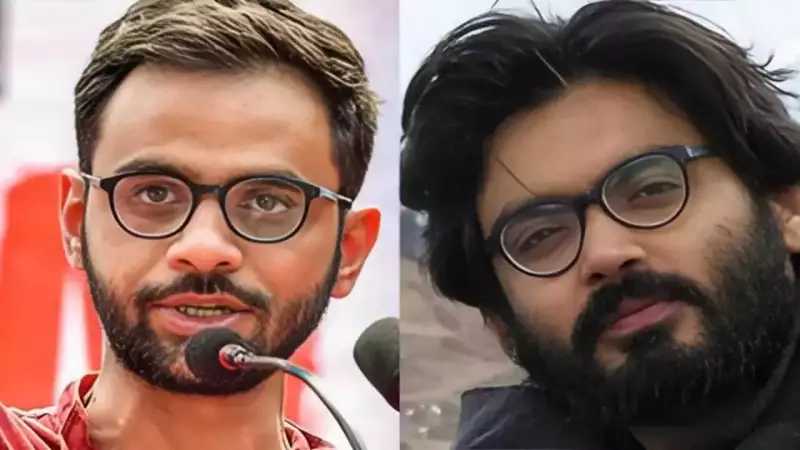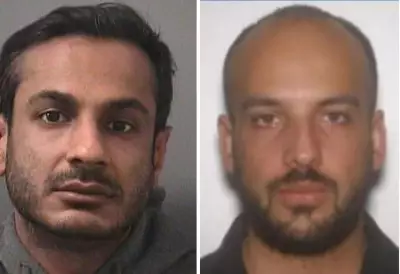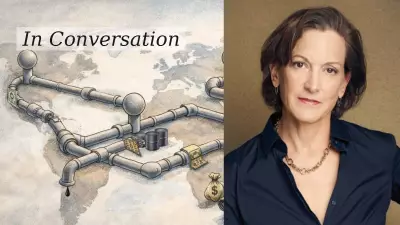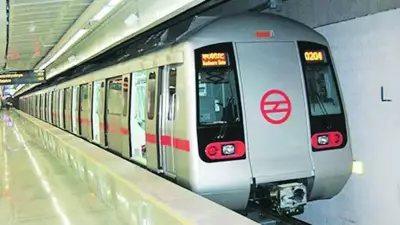
In a significant development at the Supreme Court, Solicitor General Tushar Mehta made strong allegations about the nature of the 2020 Delhi riots during bail plea hearings on Tuesday. Representing the Delhi Police, Mehta characterized the violence that erupted during anti-CAA protests as a deliberate attempt to divide Indian society along communal lines.
Police Allegations in Supreme Court
Strenuously opposing bail pleas filed by activists Umar Khalid, Sharjeel Imam and others, Mehta presented the government's position that the February 2020 violence was not spontaneous but a carefully orchestrated attack on national sovereignty. The Solicitor General explicitly stated, "There was an attempt to divide society on communal lines, it was not merely an agitation against CAA" while addressing the bench of Justices Aravind Kumar and N V Anjaria.
Mehta went further to dismantle what he called the "myth" of spontaneous riots, asserting that evidence would prove the events were "well designed, well crafted, well orchestrated, and pre-planned." He specifically cited Sharjeel Imam's alleged statements about organizing 'chakka jaam' protests in multiple cities with Muslim populations as evidence of broader intentions.
Legal Proceedings and Delays
The Solicitor General also addressed the prolonged legal process, arguing that the accused themselves bear responsibility for delays in the trial. This case involves serious charges under anti-terror laws and erstwhile IPC provisions against Khalid, Imam, Gulfisha Fatima, Meeran Haider and Rehman, who are accused of being masterminds behind the violence that left 53 people dead and over 700 injured.
Meanwhile, in a related development, the Delhi High Court directed police to provide updates on investigation status into the 2020 riots. A bench of Justices Vivek Chaudhary and Manoj Jain issued this direction while hearing petitions related to the February 2020 violence, including cases seeking FIRs against political leaders for alleged hate speeches.
Court Observations on Investigation Progress
The High Court bench noted that these petitions had remained pending for six years despite available legal remedies that petitioners hadn't pursued. When counsel for petitioners alleged unfair police investigations and requested independent probes, the court clarified its jurisdictional limits. The bench emphasized that factual questions should be challenged before magistrates rather than through writ petitions in the High Court.
The court scheduled the next hearing for November 21 and asked Delhi Police counsel to submit current investigation status and FIR numbers. This dual-track legal process at both Supreme Court and High Court levels highlights the continuing judicial scrutiny of one of Delhi's most significant communal violence episodes in recent years.




